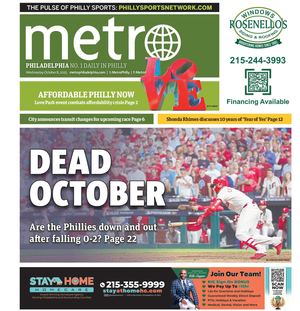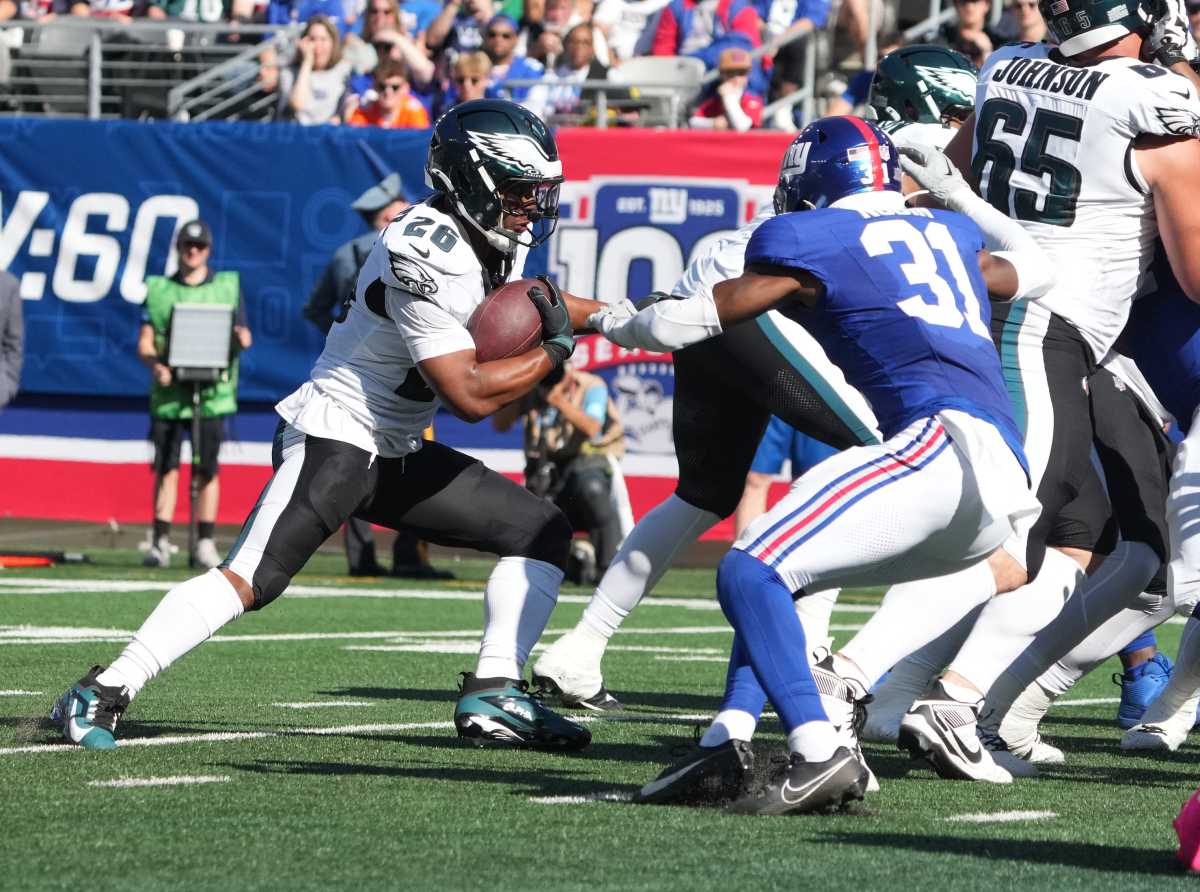City Council advanced legislation Tuesday that would allow curb-side “streeteries” to remain beyond the coronavirus pandemic.
But, in a vast majority of the city’s neighborhoods, restaurateurs will have to pursue additional legislation to legalize their new seating arrangements — a process business leaders say is complex and overly bureaucratic.
Another bill that passed out of committee Tuesday would keep intact a simpler process brought on by COVID-19 to set up sidewalk cafes, which do not encroach on the street, through the end of next year.
Councilman Allan Domb had hoped to make the sidewalk seating change permanent; however, he ran up against Council President Darrell Clarke, who introduced competing legislation dealing with streeteries and cafes.
Tuesday’s virtual hearing on the four bills lasted five hours, which included more than 90 minutes of offline negotiations following public testimony.
Domb’s original legislation, which would have allowed all restaurants to file an application for a streetery, making it a “by-right” zoning approval, was heavily edited with input from Council members and Mayor Jim Kenney’s administration.
The compromise incorporates several neighborhoods and streets — including nearly all of Center City, Fishtown and South Philadelphia’s East Passyunk Avenue — where business owners will need only to file paperwork.
In other areas, restaurateurs will likely have to go before a registered community organization, a neighborhood group that handles zoning matters, and convince their district councilperson to introduce legislation specific to their business.
Representatives from neighborhood business associations criticized the process, which, pre-pandemic, was also used for sidewalk cafes, as cumbersome, especially for mom-and-pop restaurants.
“The last thing our businesses need is additional red tape,” said Job Itzkowitz, the executive director of the Old City District, an area carved out of the additional regulations.
“No restaurant in the city should be required to obtain individual legislation simply to put a table and chairs outside of their doors,” he added.
Clarke and others, including Councilman David Oh, argued that neighbors should have input on whether a streetery is built on their block.
“I do think that it is important for those individuals that know these communities best, be it an RCO, be it a block captain, be it a person that actually got elected to represent a specific group of people, to have an integral part of the involvement in the locations and the placement of these,” he said.
Several of those who testified at the hearing are involved in RCOs and claimed the groups don’t want to vet a deluge of outdoor dining applications.

Streeteries have raised concerns about parking, particularly in already-tight residential neighborhoods. Some of the temporary structures are abandoned and have become eyesores.
The seating areas can create traffic hazards, especially for those with disabilities, blocking curb cuts they rely on to get across the street.
“I got hit in 2004. I’m trying not to get hit again,” said Michelle McCandless, a Center City resident who uses a wheelchair. “I know the city needs eateries. I need my life.”
Business owners and corridor managers praised Council for swiftly permitting streeteries, a new concept in Philadelphia, in the summer of 2020, when many restaurants were struggling to survive coronavirus-related restrictions.
The number of eateries that offered outdoor dining jumped from 230 to more than 800 after the emergency action, according to information provided by Domb’s office.
In a way, the streeteries were a silver lining of the pandemic, proponents said.
Priscilla Luce, president and CEO of the Greater Philadelphia Cultural Alliance, said outdoor dining brought a “bit of magic” to the city.
“We need to sustain that now more than ever,” she told Council. “No one is interested in moving backwards.”
Moreover, a significant percentage of patrons are still hesitant to eat indoors at a public place, those involved in the industry said.
“I’ve been hearing a lot from council members and residents saying, ‘Listen, the restaurant business is back. They’re recovered,’” said Ben Fileccia, of the Pennsylvania Restaurant and Lodging Association. “I have to tell you, you’re wrong. It’s going to be years, years before this industry has recovered.”
The legislation, as amended Tuesday, would only allow streeteries abutting the restaurant’s property; currently, under the temporary rules, business owners can seek to expand to their neighbor’s curb with permission.
Seating structures would be restricted to parking lanes and must be bordered by a “crash-proof physical barrier,” according to the bill.
The other bill advanced through committee would allow sidewalk seating to remain “by-right” through Dec. 31, 2022. The license was due to expire at the end of next month.
Both pieces of legislation could receive a final vote as early as Dec. 2, and additional amendments are possible.





























